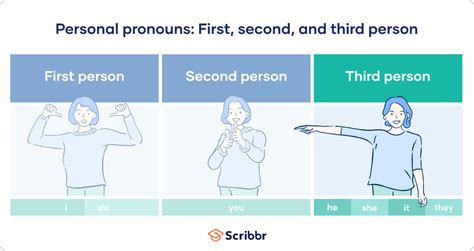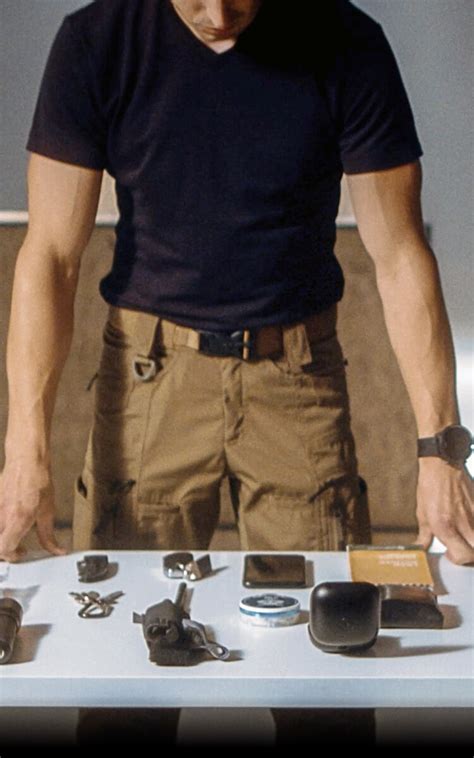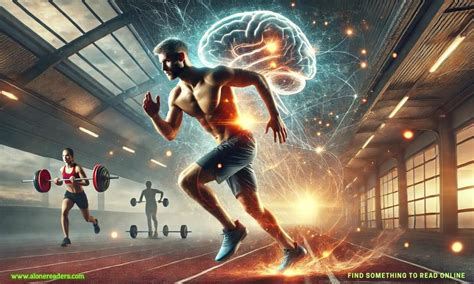What sleep tech gear truly optimizes recovery & deep sleep for peak mental acuity?

In our increasingly demanding world, the pursuit of peak mental acuity is paramount. Yet, the foundational pillar for sustained cognitive performance—quality sleep—is often overlooked or compromised. Fortunately, a burgeoning market of sleep technology offers innovative solutions to optimize recovery and deepen sleep cycles. But with so many gadgets promising a better night’s rest, which ones truly deliver on their promise?
The Foundation: Understanding Your Sleep Data
Before optimizing, you must understand. The first step towards better sleep is gaining insight into your current patterns. Sleep trackers provide invaluable data, helping you identify trends, understand your sleep stages, and pinpoint potential issues.
Wearable trackers, such as smart rings and advanced smartwatches, have become incredibly sophisticated. They monitor heart rate variability (HRV), skin temperature, movement, and even blood oxygen saturation throughout the night. This data is then translated into actionable insights, showing you exactly how much deep sleep, REM sleep, and light sleep you’re getting, alongside a general sleep score.
Alternatively, under-mattress sensors offer a less intrusive tracking experience. These devices passively monitor your sleep from beneath your mattress, often providing similar metrics to wearables without the need to wear anything to bed. Both types of trackers empower you with personalized feedback, making you an active participant in improving your sleep health.
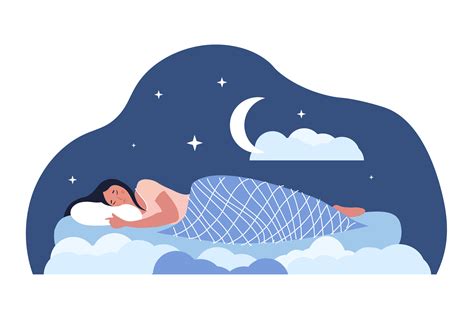
Optimizing Your Sleep Environment
Your bedroom environment plays a critical role in the quality of your sleep. Modern sleep tech takes this beyond blackout curtains and quiet rooms, leveraging smart solutions to create an ideal sanctuary for rest and recovery.
Smart lighting systems are designed to synchronize with your body’s natural circadian rhythm. They can emit blue light-free dimming as bedtime approaches, mimicking a sunset, and gradually brighten with a gentle, warm light in the morning to promote a natural awakening. This helps regulate melatonin production, crucial for sleep onset.
Climate control tech addresses temperature, a key factor often underestimated. Smart thermostats can learn your sleep preferences and adjust the room temperature throughout the night for optimal comfort. Furthermore, cooling mattresses or mattress pads can actively regulate surface temperature, preventing overheating and ensuring you remain in the ideal thermal zone for deep sleep throughout the night.
Finally, sound conditioners, including white noise, pink noise, or nature sound machines, can mask disruptive noises and create a consistent, calming audio environment, aiding both sleep onset and maintenance.

Aiding Sleep Onset and Quality
Some sleep tech goes beyond environmental adjustments, actively assisting your body and mind into a state conducive to deep, restorative sleep.
Brainwave entrainment devices, often in the form of headbands, utilize audio or gentle vibrations to guide your brain into specific frequency states associated with relaxation and deep sleep. By promoting delta waves, for example, these devices aim to enhance the duration and quality of your deep sleep cycles, which are vital for physical restoration and memory consolidation.
Smart pillows and mattresses represent another leap forward. Smart pillows can offer features like anti-snore detection and adjustment, built-in speakers for guided meditations, or even active cooling. Smart mattresses take this further with adjustable firmness zones, targeted support, and integrated sensors that adapt to your body’s needs in real-time, ensuring optimal spinal alignment and pressure relief.
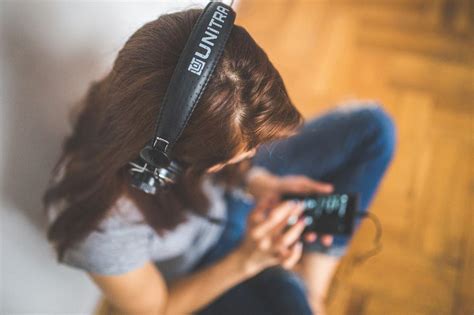
Beyond Tracking: Advanced Recovery Tools
While tracking and environmental optimization are crucial, some technologies focus more directly on enhancing the recovery aspect of sleep, preparing you for peak mental performance the next day.
Red light therapy devices, particularly those that emit specific wavelengths of red and near-infrared light, are gaining traction for their potential benefits in cellular repair and inflammation reduction. Applied before bed, some studies suggest it can also influence melatonin production and improve sleep quality, contributing directly to better physical and mental recovery during the night.
Furthermore, specialized meditation and biofeedback devices, often integrated with apps, guide users through relaxation techniques designed to lower heart rate, reduce stress, and prepare the mind for deep rest. By calming the nervous system, these tools facilitate easier sleep onset and a more restful sleep state, crucial for cognitive restoration.

Choosing Your Ideal Sleep Tech Ecosystem
The vast array of sleep tech can be overwhelming, but the best approach is not to acquire every gadget. Instead, focus on building a personalized sleep tech ecosystem that addresses your specific needs and challenges.
Consider factors like accuracy of data, comfort during use, ease of integration with other smart home devices, and—importantly—data privacy. Look for user-friendly interfaces and clear, actionable insights rather than just raw data. Remember that technology is a tool; it complements, rather than replaces, fundamental good sleep hygiene practices like a consistent sleep schedule and a pre-sleep wind-down routine.
Ultimately, the sleep tech that truly optimizes recovery and deep sleep for peak mental acuity is the one that fits seamlessly into your life, provides meaningful improvements to your rest, and helps you wake up feeling genuinely recharged and mentally sharp.
